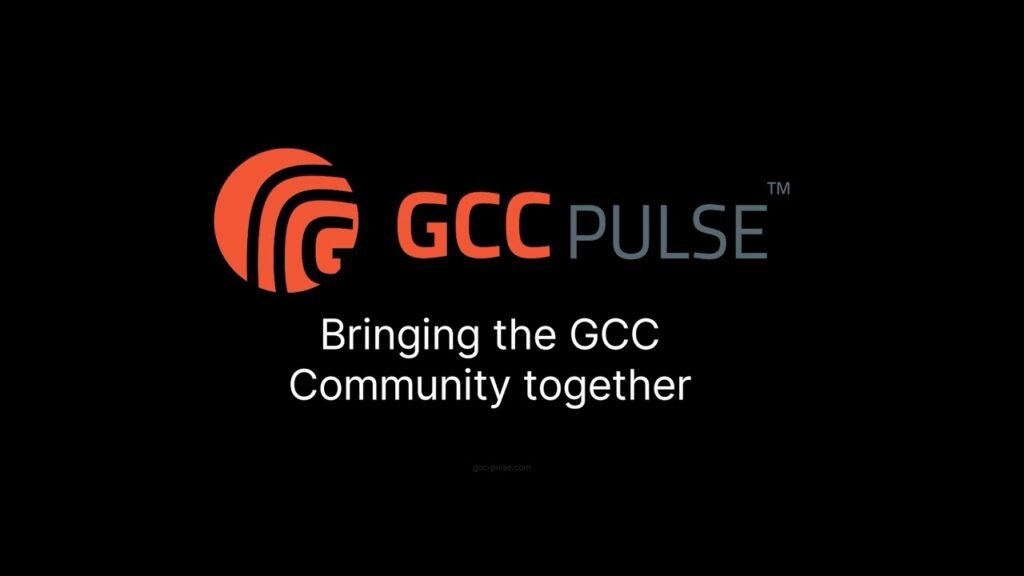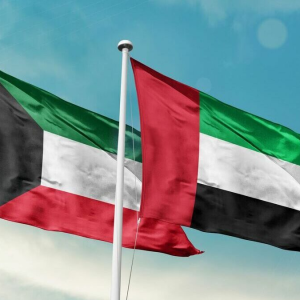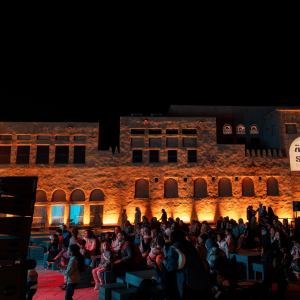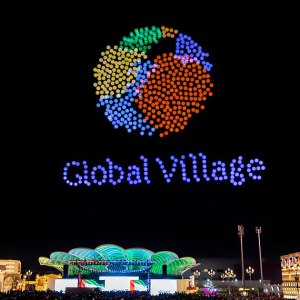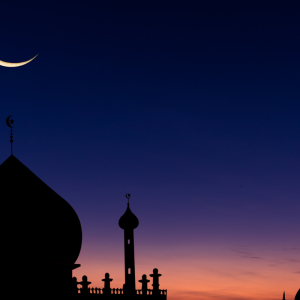The Gulf Cooperation Council (GCC) countries are undergoing an extraordinary transformation marked by a seamless fusion of heritage and innovation. From bold moves in entertainment and arts to progressive shifts in education and sustainability, the region is showcasing an impressive spectrum of development. Here’s a look at five major updates shaping the narrative across Saudi Arabia, the UAE, and beyond—offering a glimpse into the evolving identity of the modern Gulf.
GCC ; 1. Riyadh Launches State-of-the-Art Film Studio to Power Saudi Arabia’s Cinematic Future
Saudi Arabia has taken a major leap in its mission to become a regional entertainment powerhouse with the launch of a state-of-the-art film studio in Riyadh. Designed to rival top global studios, this sprawling facility is equipped with world-class sound stages, post-production labs, and visual effects capabilities. The project aims to attract international productions while nurturing local talent and storytelling.
The studio is strategically aligned with Saudi Arabia’s Vision 2030, which seeks to diversify the Kingdom’s economy and reduce its reliance on oil. Since lifting the cinema ban in 2018, Saudi Arabia has made significant progress in fostering its film industry. The new Riyadh studio promises to be a catalyst for homegrown content creation, job generation, and cross-border collaborations. It also positions the Kingdom as a central hub for film production in the Middle East.

Already, several regional producers and streaming platforms have expressed interest in co-producing content using the facility. The move is not only about entertainment—it’s a cultural shift that empowers young Saudis to see themselves reflected on screen, while presenting Saudi stories to a global audience.
2. Louvre Abu Dhabi Unveils 2025–26 Exhibition Calendar Blending East and West

The UAE’s flagship cultural landmark, Louvre Abu Dhabi, continues to elevate its stature as a global art hub with the unveiling of its 2025–26 exhibition calendar. With a bold curatorial vision, the upcoming exhibitions promise to explore themes that transcend borders, highlighting the museum’s dedication to universal storytelling.
Among the most anticipated exhibitions is “Silk Roads: Threads of Civilisation,” which will chart the ancient trade routes that connected Asia, the Middle East, and Europe through textiles, ceramics, and jewelry. Another major highlight is “Futures of Humanity,” a modern and contemporary art showcase featuring global and regional artists reflecting on identity, technology, and the environment.
This curated slate reaffirms the museum’s mission of bridging cultures. With partnerships involving global institutions and local collectors, the exhibitions are expected to draw art lovers, historians, and creatives from around the world. Beyond the exhibitions, Louvre Abu Dhabi is expanding its educational programming and public outreach, creating inclusive experiences that resonate with the UAE’s diverse population.
3. Bahrain Reveals Ambitious Digital-First Education Initiative
Bahrain is positioning itself at the forefront of educational reform in the region with the launch of a bold digital-first education initiative set to roll out in 2025. This plan focuses on integrating cutting-edge technologies into classrooms, from AI-powered learning tools to immersive virtual reality content designed to engage students in new, dynamic ways.
As part of the initiative, the Kingdom will equip all public schools with smart classrooms, provide tablets to students, and train educators in digital pedagogies. The long-term objective is to cultivate a generation of tech-savvy learners who are globally competitive and locally rooted.
More than just a digital upgrade, the program includes an emphasis on Arabic digital content creation, ensuring that students in Bahrain—and potentially across the region—can access high-quality resources in their mother tongue. The project reflects Bahrain’s commitment to future-proofing its youth and making education a central pillar of its knowledge-based economy.
4. Qatar’s New Eco-Resort Signals Sustainable Tourism Pivot
Qatar continues to diversify its tourism offerings with the announcement of a new eco-resort set to open along its northern coast by mid-2026. Designed with a minimal environmental footprint, the project will feature solar-powered villas, marine biodiversity protection zones, and nature-focused activities that promote ecological awareness.
The resort is a key component of Qatar’s sustainable tourism strategy. Following its global spotlight during the FIFA World Cup, the country is keen to promote environmentally conscious travel that appeals to regional and international audiences. The initiative aligns with Qatar National Vision 2030 and reflects a growing trend among GCC nations to integrate sustainability into hospitality.
The eco-resort will offer guided mangrove kayaking, desert astronomy tours, and curated cultural interactions with local communities. For environmentally conscious travelers, it offers a refreshing alternative to urban luxury, combining comfort with conservation.
5. Oman Taps Into Creative Economy with New National Design Policy
Oman has officially unveiled its National Design Policy—a comprehensive framework aimed at strengthening its creative industries and integrating design thinking across sectors. Spearheaded by the Ministry of Culture, Sports and Youth, the policy is part of Oman Vision 2040 and emphasizes innovation, heritage preservation, and economic diversification.
The policy includes the creation of design incubators, grants for young creatives, and international design festivals that position Oman as a destination for innovation rooted in tradition. It also advocates for the integration of Omani motifs and crafts in modern architecture, product development, and fashion.
Importantly, the policy places a strong emphasis on design education and public engagement, ensuring that creativity becomes part of the national consciousness. By nurturing designers who are deeply connected to their culture while being globally competitive, Oman is carving a unique niche in the GCC’s creative economy landscape.
Conclusion: The Gulf’s Cultural and Innovation Renaissance is Just Beginning
These five updates—from Saudi Arabia’s cinematic leap to Oman’s design ambitions—are emblematic of a broader renaissance sweeping across the GCC. The region is no longer content with merely importing culture or innovation; it is actively shaping it. Whether through smart education systems, global museums, green tourism, or creative economy frameworks, Gulf nations are asserting their identity on the world stage.
As these projects materialize, they’ll bring new jobs, foster entrepreneurship, and offer youth in the region unprecedented opportunities to engage with the world while preserving their heritage. The GCC’s momentum is undeniable—and it’s only gaining pace.
For global investors, creatives, and travelers, the message is clear: the Gulf is not just a place of ambition—it’s a region of action, culture, and reinvention.
Do follow Uae stories for more Updates
Read More: International SOS Reopens Enhanced Dubai Assistance Centre

